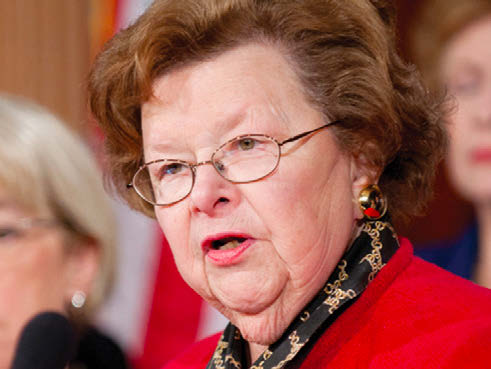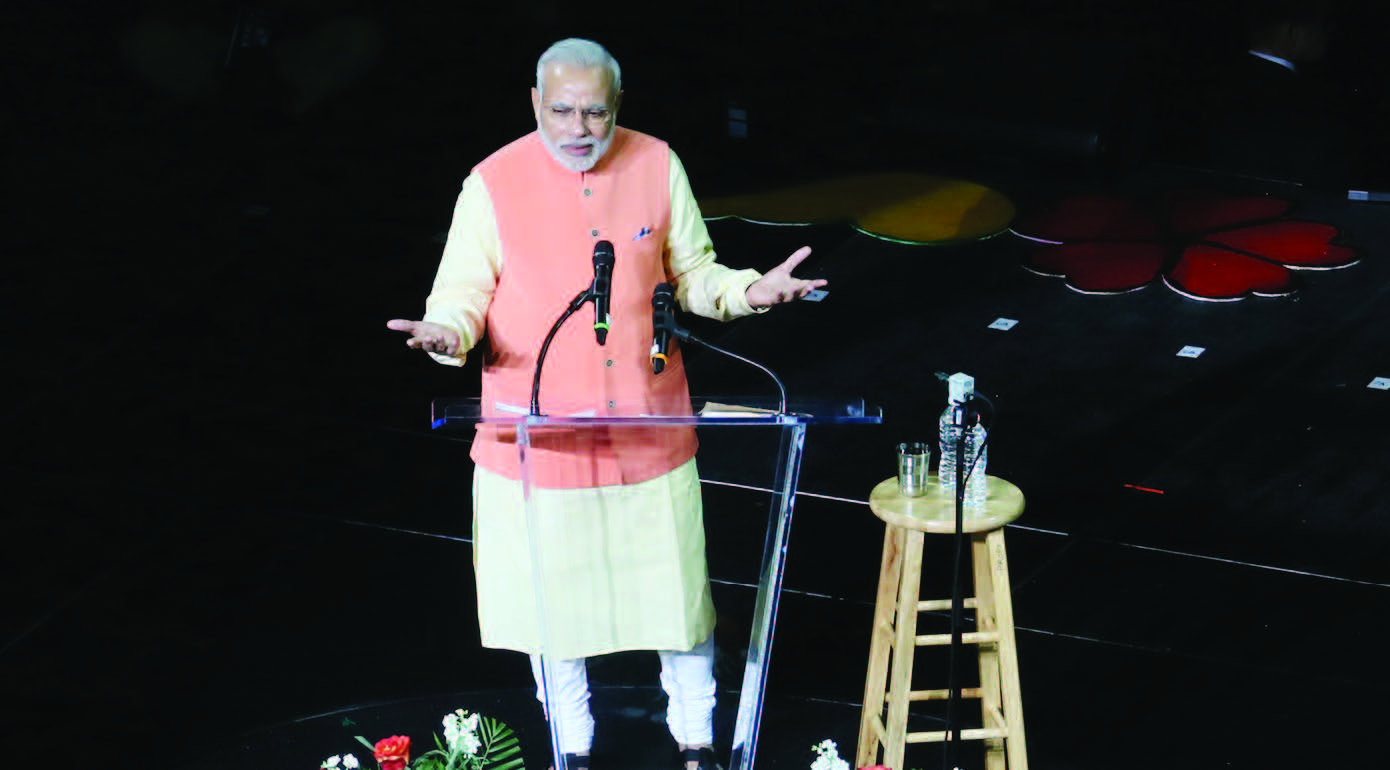
WASHINGTON (TIP): It is all but assured the international agreement, which took years to craft, will play out at least for the rest of Obama’s presidency.
When the Senate returns from its August recess after Labor Day, it will vote on a resolution disapproving the Iran deal.
With that measure virtually guaranteed to be defeated – whether by filibuster or presidential veto – it removes the final major hurdle standing in the way of the deal being implemented.
On Oct. 18, a date known as adoption day, the parties will begin taking steps to put the agreement into place.
For the U.S. and its negotiating partners, that means issuing waivers to roll back crippling economic sanctions on Iran once international inspectors certify Tehran is abiding by limits on its nuclear program. Republicans in Congress and many pro-Israel groups sought to use the congressional review process to kill the deal, which they argue fails to permanently cut off Iran’s path to a nuclear weapon while providing billions of dollars in sanctions relief that could be funneled to terrorist groups.
Obama was determined to prevent Congress from derailing the nascent agreement, warning of a “historic mistake” that would do permanent damage to the U.S.’s credibility abroad.
The White House mounted an intense lobbying campaign this summer to win support for the deal. The goal was to secure enough Democratic votes to prevent Republicans from amassing a veto-proof majority against the agreement.
The president has gotten personally involved, speaking with more than 100 lawmakers in individual or small-group settings since the deal was reached, according to a White House official.
That effort has largely been a success. During the August recess, dozens of Democratic lawmakers declared that they back the deal, blunting critics’ efforts to build broad bipartisan opposition against it.
“We are encouraged by the growing number of lawmakers who have announced support for the deal in the past weeks,” White House spokesperson Jennifer Friedman said. “We remain confident that ultimately a strong majority of Democrats in both the House and the Senate will support of the deal, and if necessary, sustain the president’s veto.”
Known for his distant relationship with lawmakers, the president has given an unprecedented amount of one-on-one attention to fence-sitting Democrats.
He hosted them for receptions in the East Room of the White House, made 30 calls from his Martha’s Vineyard vacation rental and wrote them lengthy letters to answer their concerns about the deal.
Coons said that he has spoken with Obama, Vice President Biden and other members of the administration within the past 10 days, and gotten them to agree to a handful of measures including increasing military support for Israel, fully funding the International Atomic Energy Agency and briefing Congress on how it plans to combat Iran’s support for terrorism.
The Delaware senator, an important swing vote, said he received a letter from Obama answering his concerns on Tuesday – just before he was scheduled to give a speech announcing his position.
He indicated the response played a decisive role in his announcement.
“I spent time last night thinking about delaying the speech,” he said.
Coons said a lengthy conversation with Biden, who previously occupied his Senate seat, helped win his support.
Obama’s tactics also succeeded with Rep. Jerrold Nadler, the only New York Jewish Democrat to back the deal, and seen as an important counterweight to Schumer.
He sent Nadler a three-and-a-half-page letter answering his concerns about the agreement a day before the congressman announced his support.
The president used his bully pulpit in speeches and interviews to rally Democrats around the deal, lumping critics together with those who supported the Iraq War.
Liberal groups responded by giving Obama cover at town halls and meet-and-greets with lawmakers, even as the American Israel Public Affairs Committee poured tens of millions of dollars into television ads against the deal to bolster its in-person lobbying.
Even if Obama succeeds in stopping Congress from killing the agreement, opponents are still claiming a symbolic victory.
“Unfortunately we’re now going to have a deal that goes forward with a large majority vote of the Senate and the House against it and a large majority of the American people against it,” Sen. Tom Cotton (R-Ark.) said Tuesday on MSNBC. “And that truly is unprecedented.”




Be the first to comment